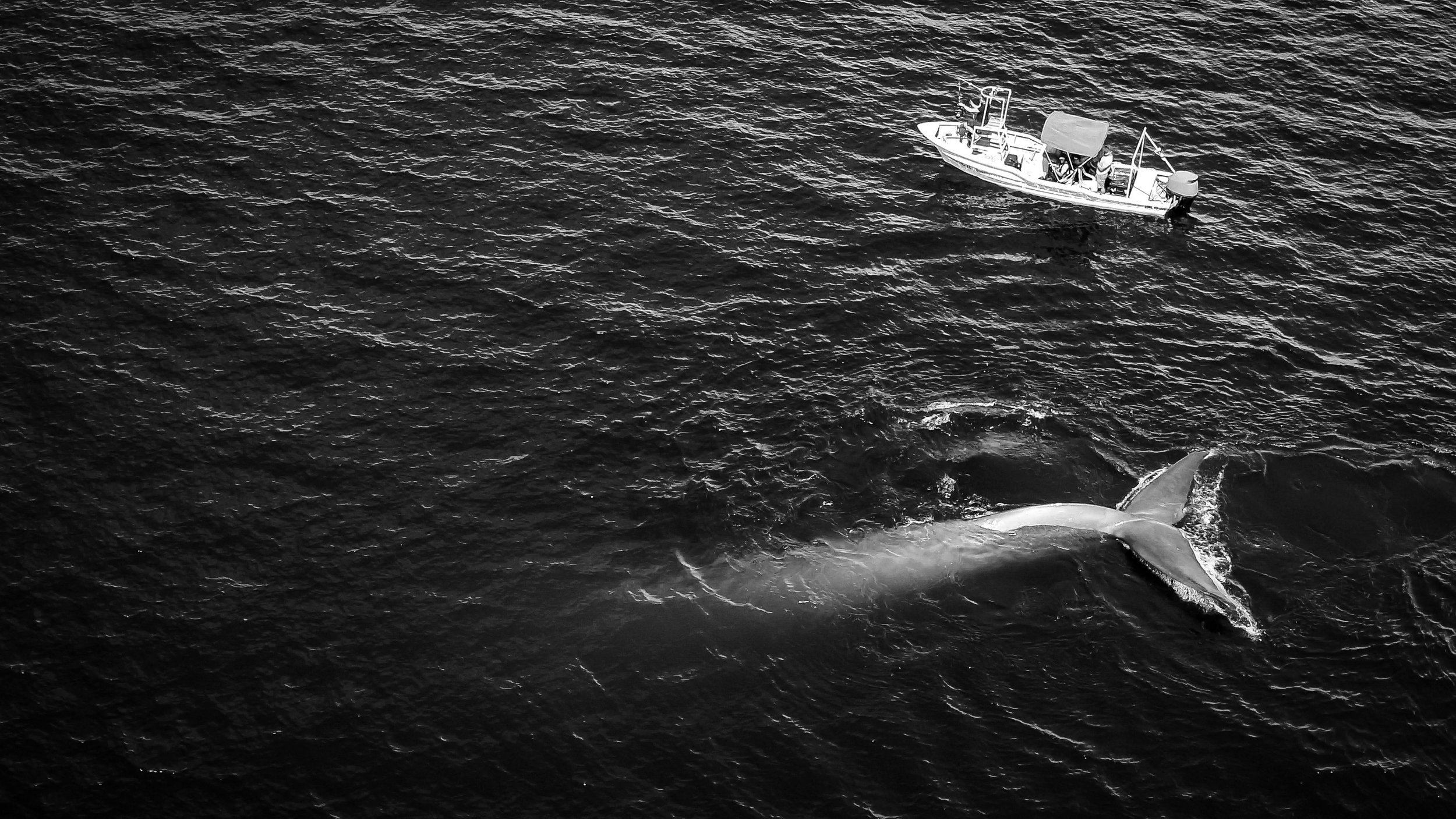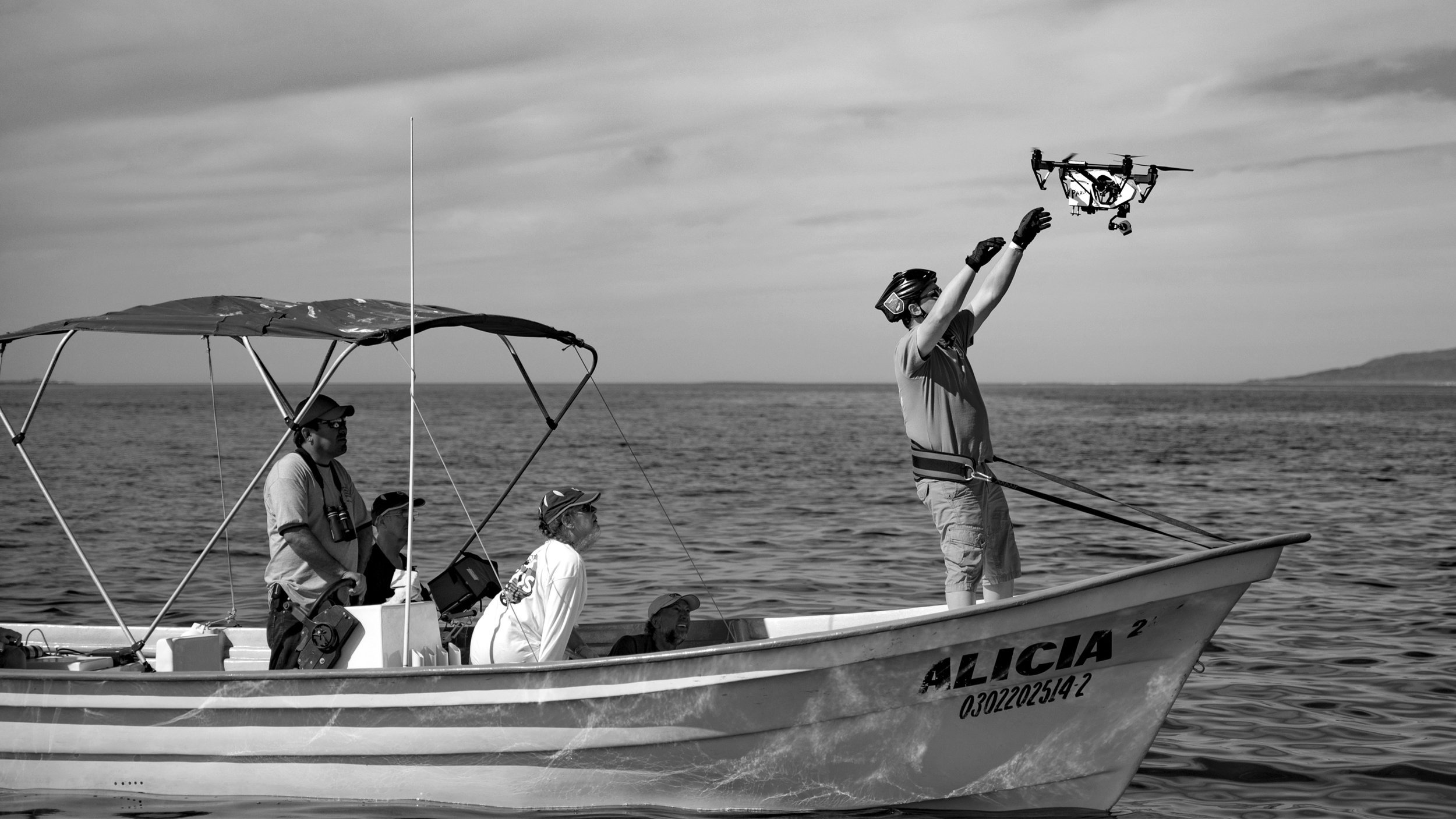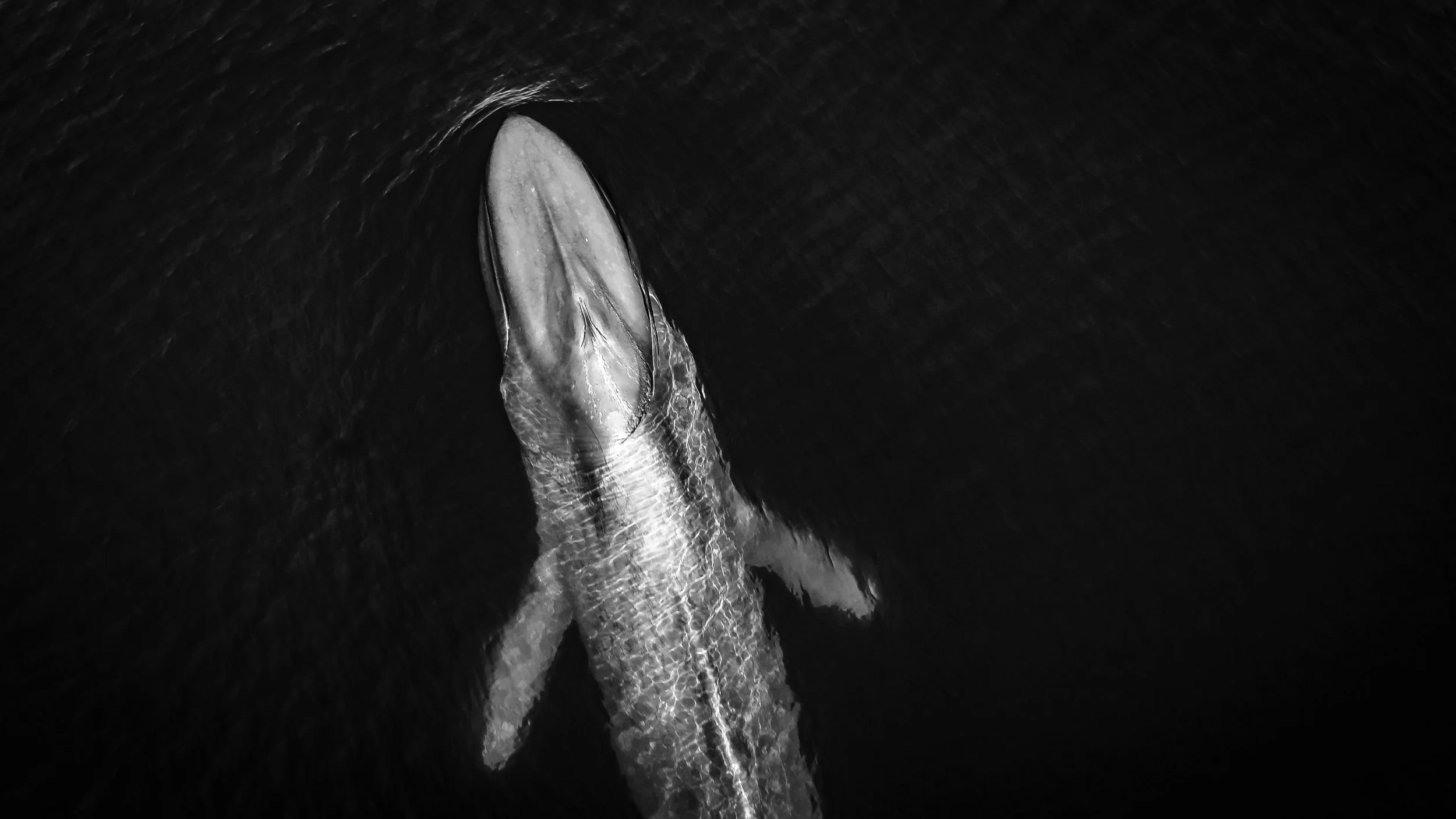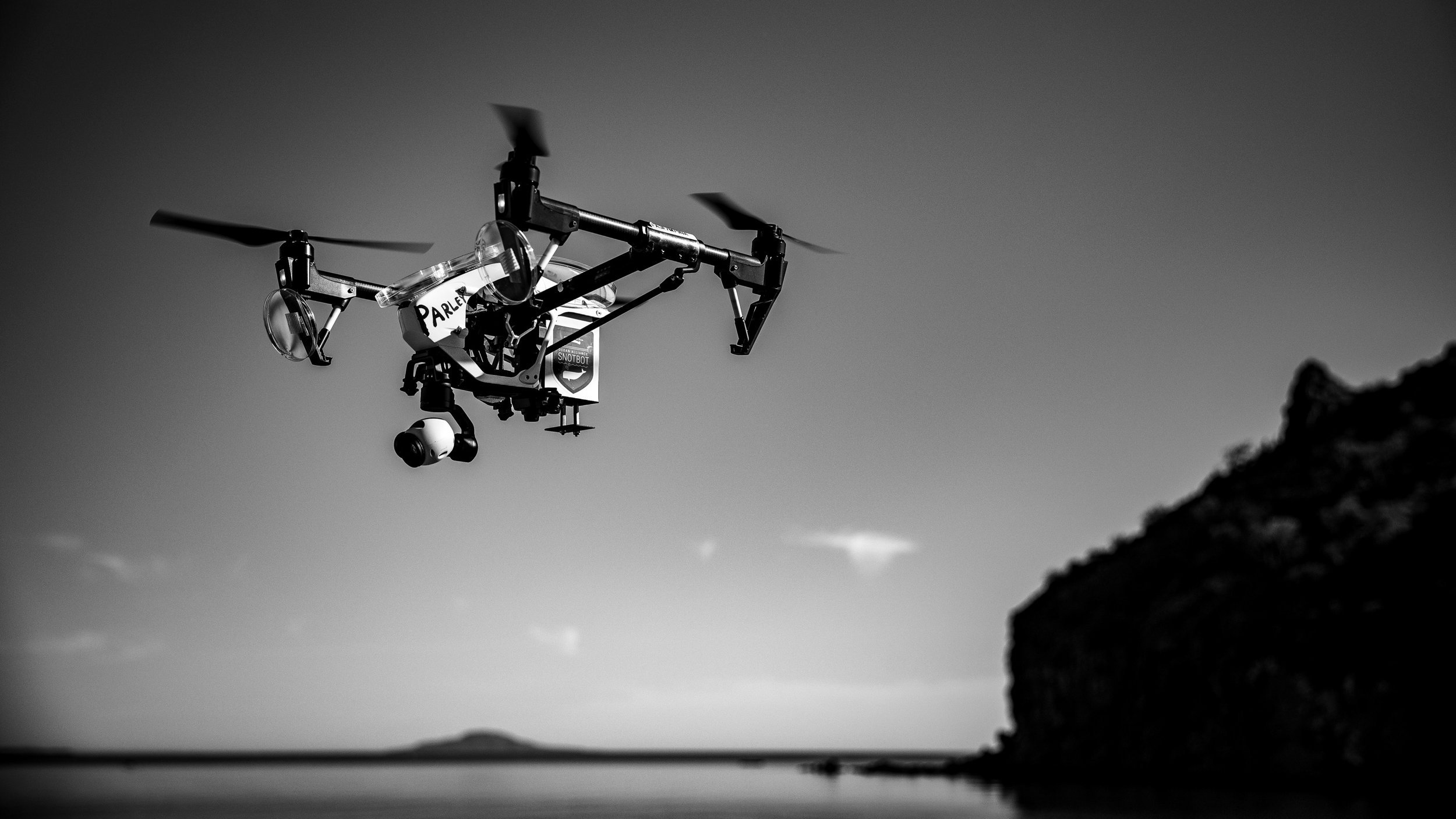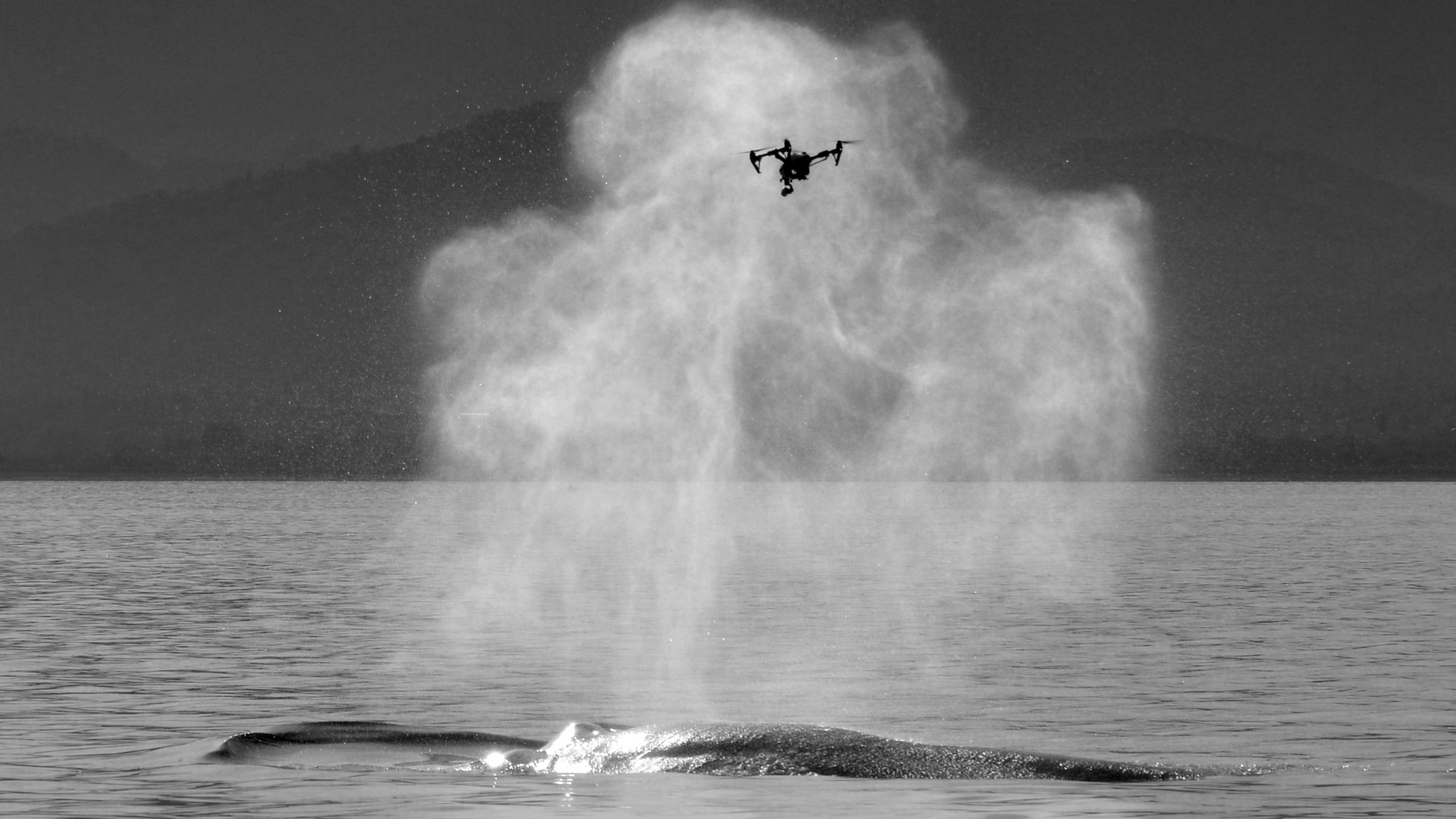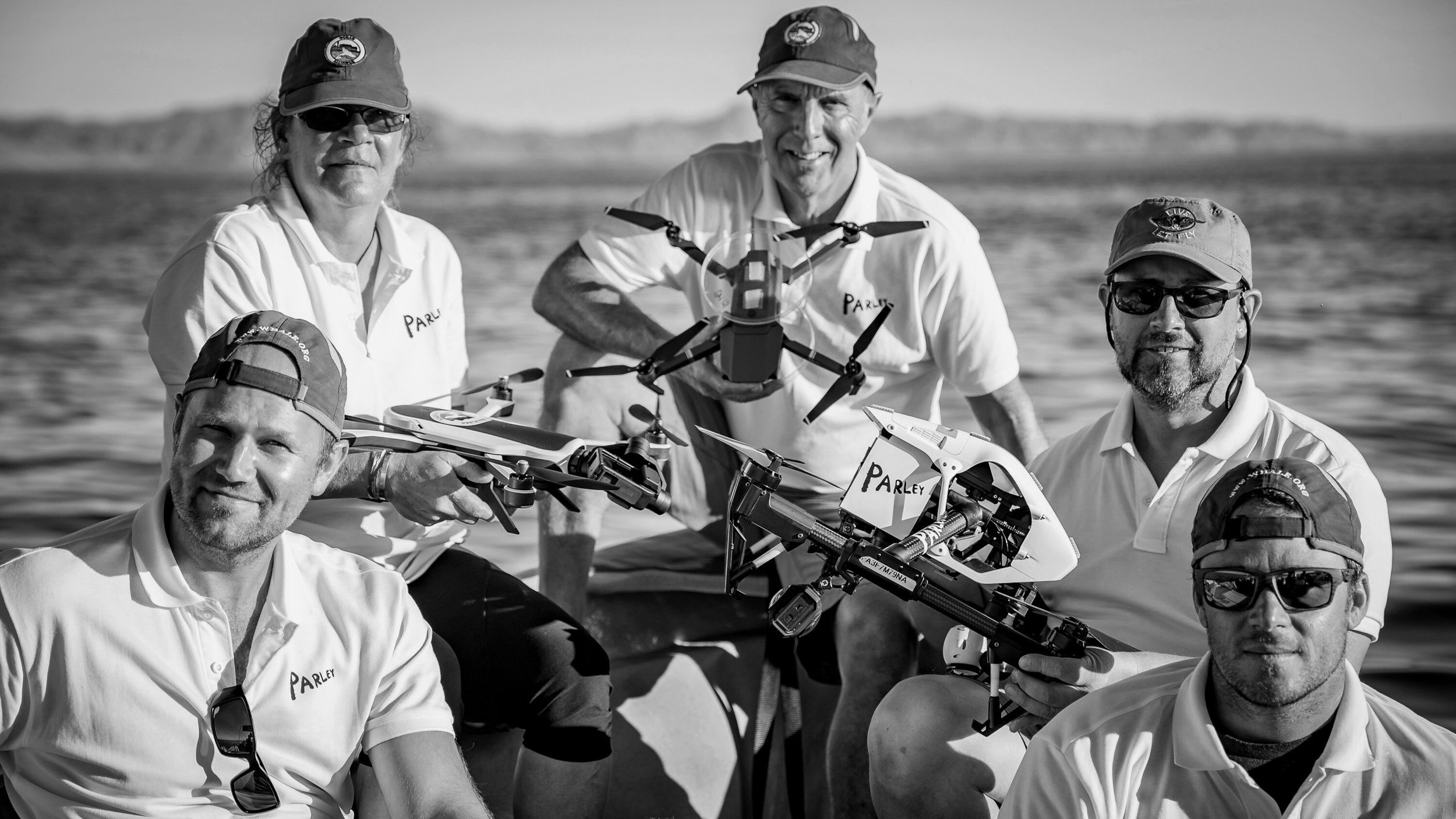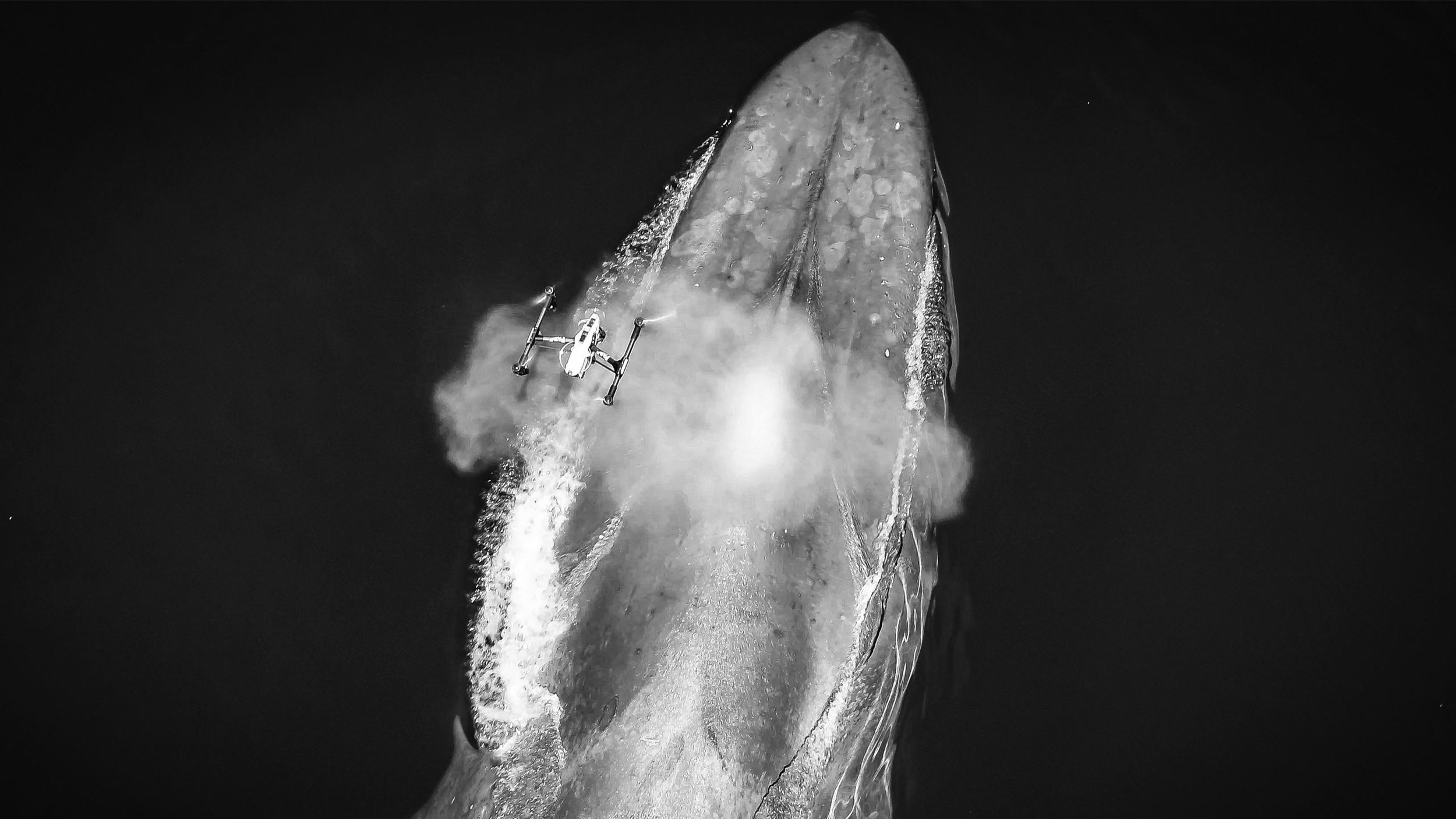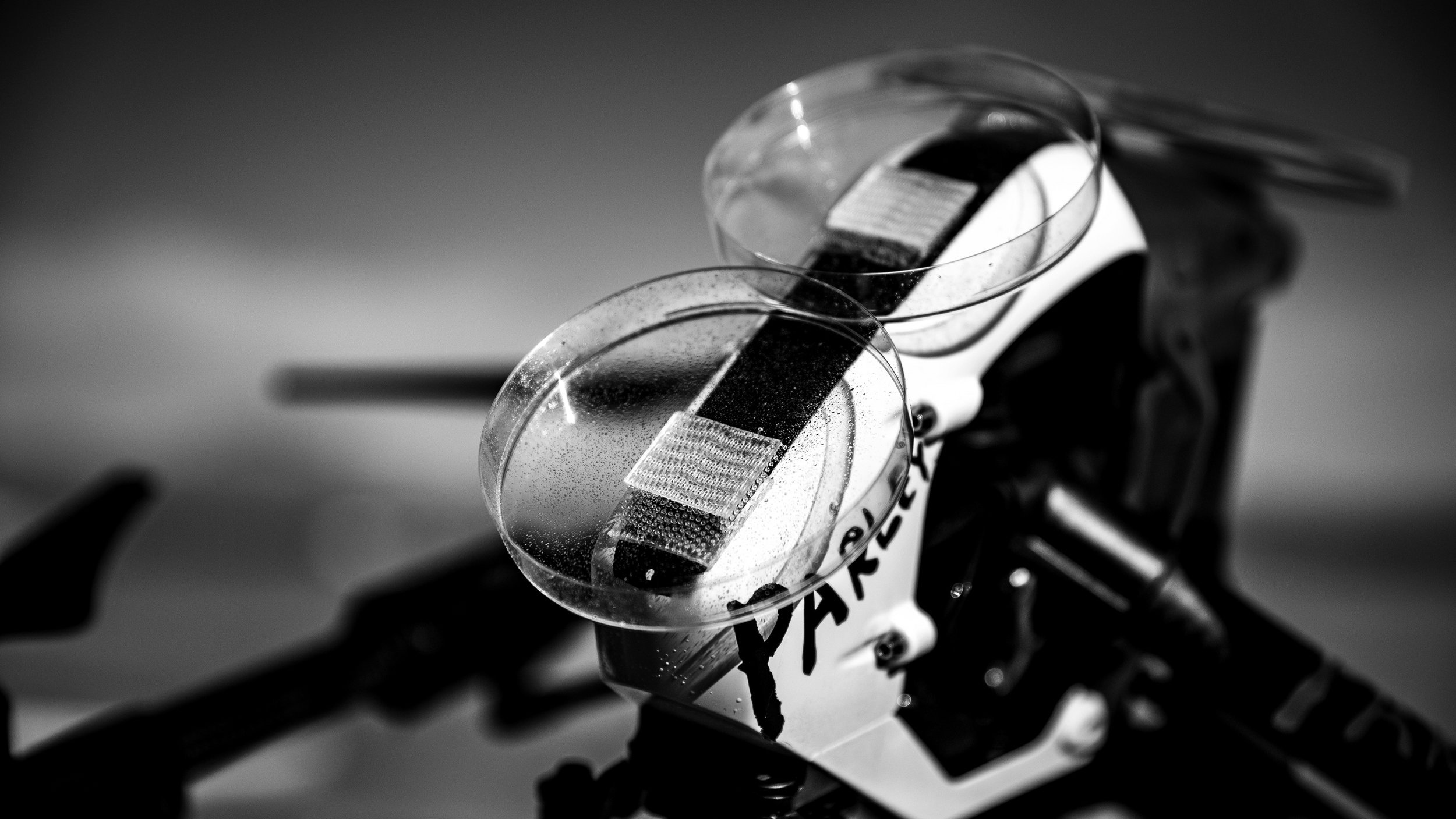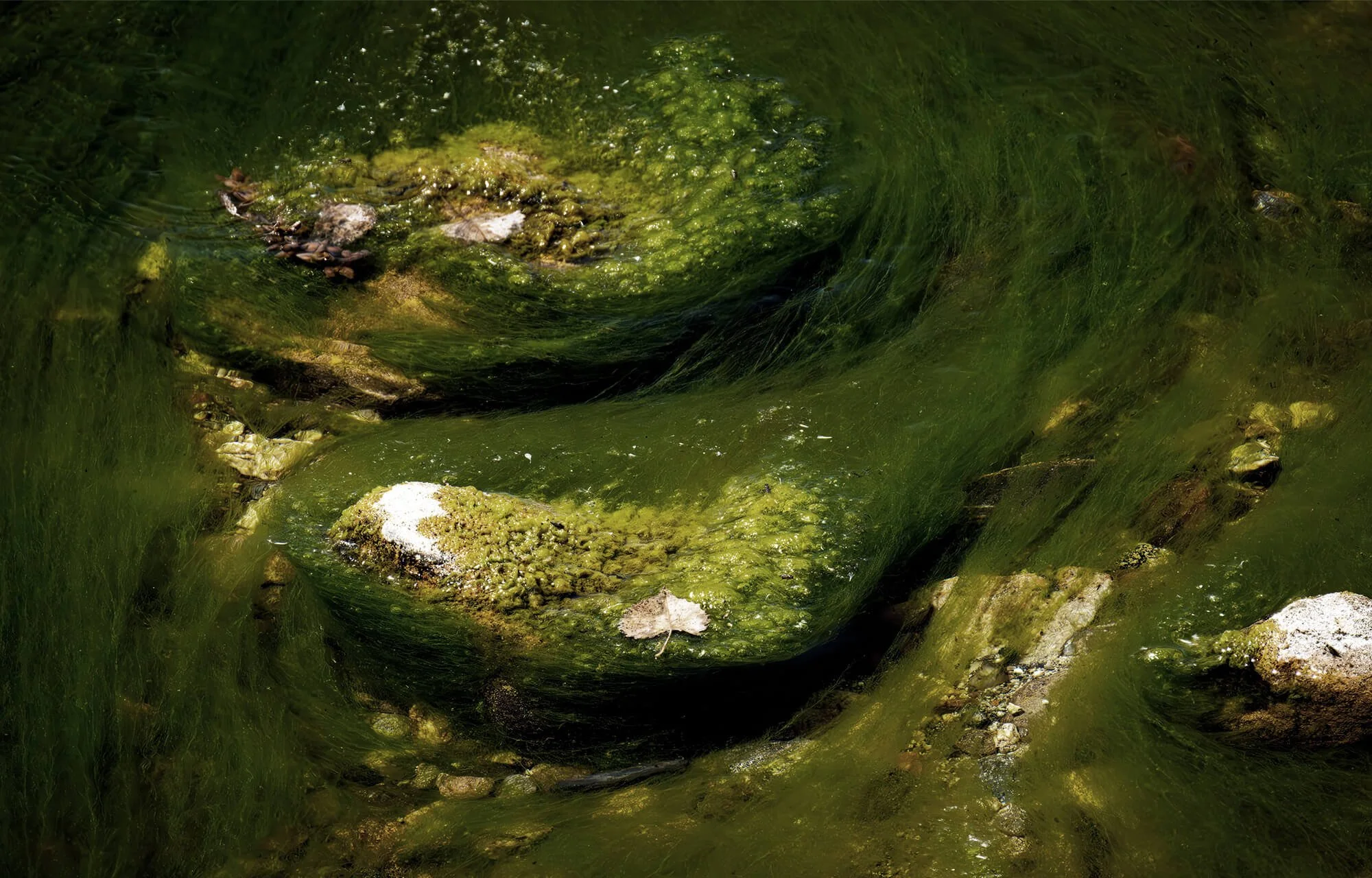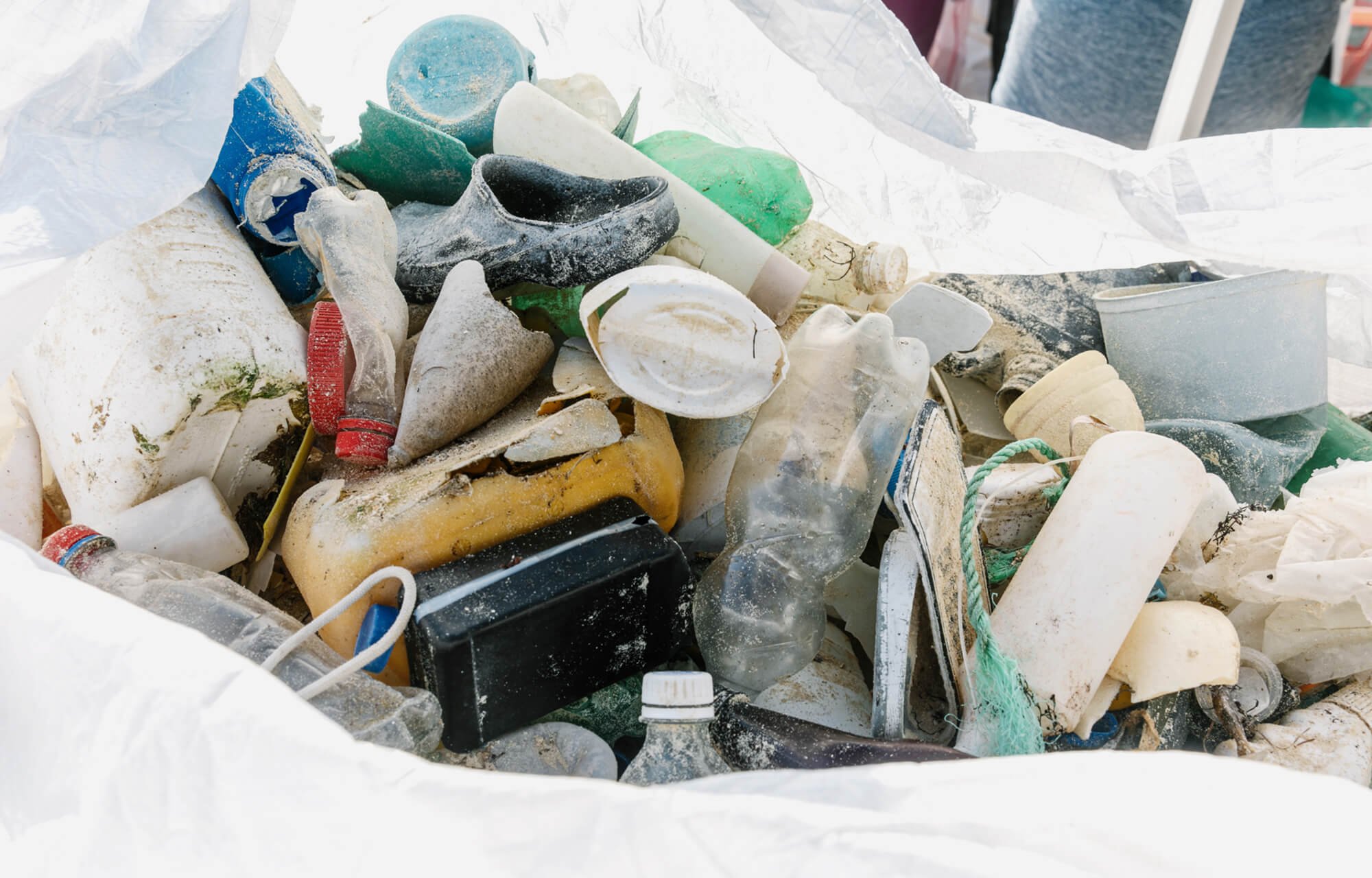Parley SnotBot® – Blue Whales in the Sea of Cortez
What it takes to study the biggest animals on Earth, and why we should in the first place.
“Blue whales are animals made for superlatives. They are the largest animals ever to have existed on our planet; 99% of species which have ever lived on our planet have gone extinct. How fortunate we are to live at the same time as these great leviathans.”
ANDY ROGAN, OCEAN ALLIANCE
As Dr. Iain Kerr put it in a session of Parley Ocean School, "How can a 150 pound human being make sense of a 150 ton sentient being?" It was a rhetorical question; we'll probably never fully understand the world of whales. But that's not the point.
The largest species ever to have lived on this planet still navigates the ocean depths, feeding almost exclusively on one of the smallest, krill. If that thought alone doesn’t move you, consider this one: our survival is inextricably linked with whales. Whereas we damage the planet, the existence of cetaceans sustains it. Even their waste is nourishing; rich in iron, the fecal matter of gentle giants returns vital nutrients to the sea in a harmonious cycle that produces over half the atmospheric oxygen on Earth. We breathe, in part, because whales defecate in the oceans. Humbling.
Not only do we depend on whales, we can learn from them. Cetaceans are social beings, and their society is ruled by such things we recognize as altruism, cohesion, communication, and truth.
Whales don’t just sing, they collectively compose, transmitting acoustic images across hundreds of miles. Their calls are considered one of the most complex non-human forms of communication in the animal kingdom. Yet tragically, their songs are increasingly silenced by our ignorance.
The more we learn about whales, the deeper our appreciation for all we'll never fully understand. Even a general grasp of their majesty is enough to make clear the ecological insanity that is their, and our, current predicament. We are the whales' greatest threat. Climate change, overfishing, commercial whaling, noise, chemical and plastic pollution — any threat to the culture and survival of whales is a threat to that of all life on Earth, including our own.
Through our ongoing partnership and vision to better explore, understand, and protect 'Deep Space' and its engineering species — the Parley SnotBot® crew recently wrapped up the fourth in a series of expeditions. This latest trip brought the team back to the Sea of Cortez to collect data on the largest animals on Earth: blue whales.
Innovation in drone technology is revolutionizing conservation research. Technology like SnotBot® provides a benign, unobtrusive method for collecting biological samples without stressing the animals and altering the data. At the same time, it’s literally changing the ways we see whales. A drone can simultaneously collect data-rich mucus samples and breathtaking aerial portraits of rainbow-spouting subjects, strengthening scientific understanding while bringing new eyes and audiences to the research.
There is alien intelligence on this planet with an evolutionary history millions of years deeper than our own. Whales are the ocean's secret keepers, shepherds, emissaries. Although they remain among the most mysterious of mammals, the importance of their role in the marine ecosystem is less elusive than the meaning of their songs. Without cetaceans, the health and stability of our life support system would suffer. Our future on this planet depends on whales, yet we are only just starting to understand them and we are even slower to protect them. Science drives knowledge and understanding. Knowledge and understanding can drive much-needed conservation measures. It starts with asking the right questions. And it’s not up to the scientists alone to end ask and endeavor to answer them.
See more from expeditions in Patagonia, Sea of Cortez, and Alaska
Read more on SnotBot® here
Philip Hoare on what we can learn from whales
#ParleyxSnotBot
#ParleyDeepSpace
Snotbot® is a registered trademark of Ocean Alliance

